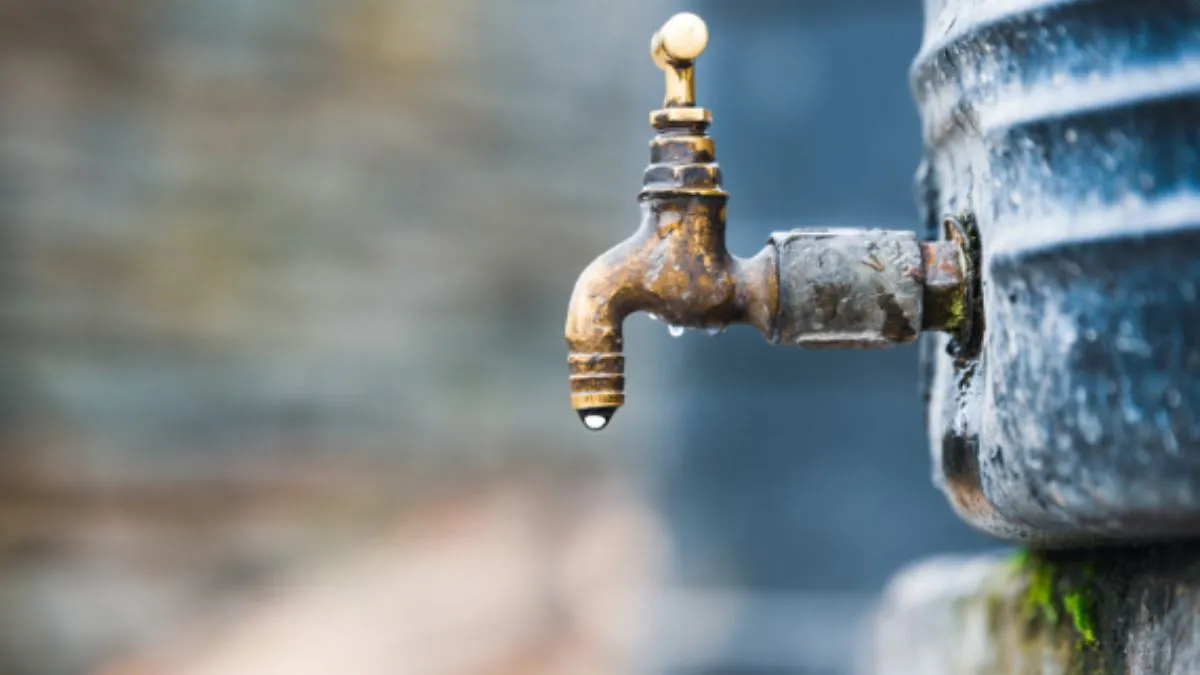- By Deeksha Gour
- Sun, 12 Jan 2025 04:18 PM (IST)
- Source:JND
Hyderabad Water Cut Jan 13: Hyderabad residents should prepare for a 24-hour water supply disruption on Monday, January 13. This interruption is necessary for repair work on major leaks in the 1,500-mm-diameter PSC pumping main, part of the Manjira project that supplies water to the city.
The Hyderabad Metropolitan Water Supply & Sewerage Board (HMWS&SB) announced that repairs will cause this temporary disruption.
ALSO READ: Telangana: Five Teenage Boys Drown In Siddipet's Kondapochamma Sagar Dam While Swimming
Hyderabad Water Cut Monday: Affected Areas
Erragadda
Yousufguda
KPHB Colony
Borabanda
Hydernagar
Moosapet
Nizampet
Madinaguda
Biramguda
Patancheru
Ramachandrapuram
Deepti Srinagar
Hafizpet
Miyapur
Aminpur and Bollaram Industrial Areas
Residents are advised to store enough water during this period and to use it wisely.
Meanwhile, The city is grappling with a severe air pollution crisis as temperatures drop to 8 degrees Celsius in some areas, causing the Air Quality Index (AQI) to surpass 150, marking the worst pollution levels this season. Harmful pollutants, including PM 2.5, PM 10 and NO2, have risen to alarming levels, with concentrations reported up to 100 times higher than the World Health Organisation's (WHO) recommended limits.
Areas such as Sanath Nagar, Somajiguda, Gachibowli, Kokapet, Punjagutta and Old City are among the worst affected. Sanath Nagar recorded PM 2.5 levels of 500 µg/m³, far exceeding the WHO guideline of 5 µg/m³, while Somajiguda and Kokapet reported 280 µg/m³ and over 200 µg/m³, respectively. PM 10 levels were also concerning, with ECIL registering 204 µg/m³, followed by Gachibowli (160 µg/m³) and Old City (158 µg/m³).
The deteriorating air quality has led to a significant rise in respiratory illnesses, including asthma, chronic coughs and lung infections. Pulmonologist Dr Tejas Jogi explained that winter conditions amplify the effects of pollution as temperature inversion traps pollutants near the ground. PM 2.5 particles, which penetrate deep into the lungs, further weaken immunity and elevate risks of respiratory infections like pneumonia and bronchitis.


